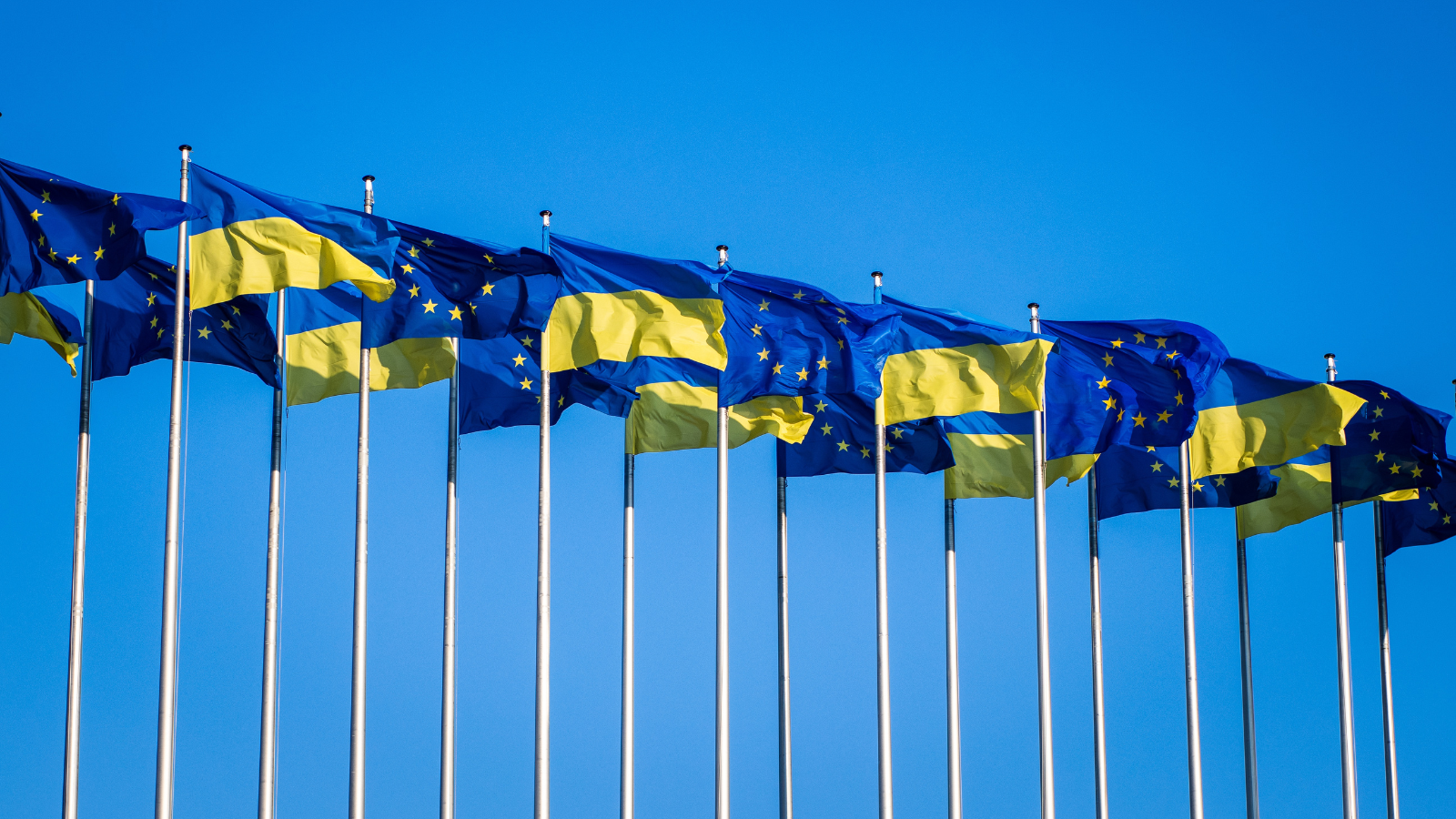The guidance covers both people eligible for temporary protection under the Temporary Protection Directive as well as those eligible for adequate protection under national law. Since the beginning of Russia’s unprovoked war against Ukraine and its civilians, over 7 million people have fled Ukraine and reached the EU. So far, only a relatively small number of those of working age have entered the EU labour market, though the number of people wanting to do so is expected to rise. Ensuring a swift and effective integration into the labour market is important both for host communities and for those fleeing the war to rebuild their lives, continue developing their skills and, eventually, support reconstruction in Ukraine. Understanding and recognising the skills and formal qualifications that people bring is critical to ease their entry into the labour market and make sure they get a job that corresponds to their skills. Moreover, improving existing skills and acquiring new ones is essential for successfully participating in the labour market and society. Today’s guidance:
- Describes measures that can be taken by Member States based on lessons learnt and best practices gathered so far, building on previous measures at EU level:
- to integrate people arriving from Ukraine into the labour market; and
- to support their access to vocational education and training (VET) and adult learning.
- Features several concrete examples of EU-funded projects that can serve as inspiration for Member States’ initiatives in this area and help ensure that they make the best use of support available at EU level.
The guidance covers both people eligible for temporary protection under the Temporary Protection Directive as well as those eligible for adequate protection under national law.
Access to jobs and training
As part of today’s guidance, the Commission invites Member States to:
- provide information on the support available to people fleeing Russia’s war against Ukraine
- facilitate the integration into the labour market of beneficiaries of temporary protection and, where relevant, adequate protection under national law
- provide the broadest possible access to the labour market
Recognising existing skills and investing in new ones
As part of today’s guidance, the Commission invites Member States to:
- Ensure that people’s skills and qualifications can be valued, assessed and swiftly recognised, irrespective of whether documentation is available. This can include support to prepare CVs, test skills and retrieve missing qualifications.
- Provide, as quickly as possible, targeted upskilling and reskilling opportunities, VET and/or practical workplace experience. This requires close cooperation with education and training providers, social partners and the private sector, to ensure that these opportunities are in line with labour market needs and skills gaps.
- Ensure swift access to initial VET, including apprenticeships, and explore possibilities to prolong ongoing stays of Ukrainian vocational learners, which is especially relevant for young people.
- Make opportunities available for adults fleeing Russia’s war of aggression against Ukraine to access general education, including through second chance schooling, as well as enrolment in higher education institutions.
Support from EU Funds
EU funds can support Member States’ measures to provide access to the labour market, VET and adult learning. This includes funding from the European Social Fund (ESF), the European Regional Development Fund (ERDF), the Fund for European Aid to the most Deprived (FEAD), and the Asylum, Migration and Integration Fund (AMIF). InvestEU, the Technical Support Instrument, and Erasmus+ can also help.
Next steps
Member States are invited to continue their efforts to support those fleeing Russia’s war of aggression against Ukraine and facilitate their integration into the labour market, including by making the best use of the support available at EU level. The Commission stands ready to work with national authorities and other relevant stakeholders further and will continue to provide guidance in light of the evolving situation. More info here.
Photo: ©DusanCvetanovic via Canva.com





